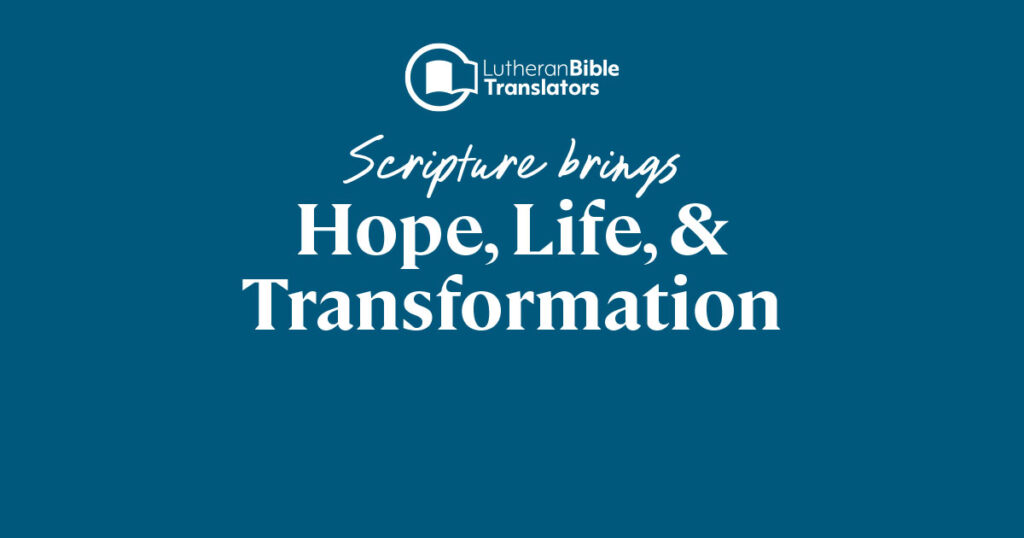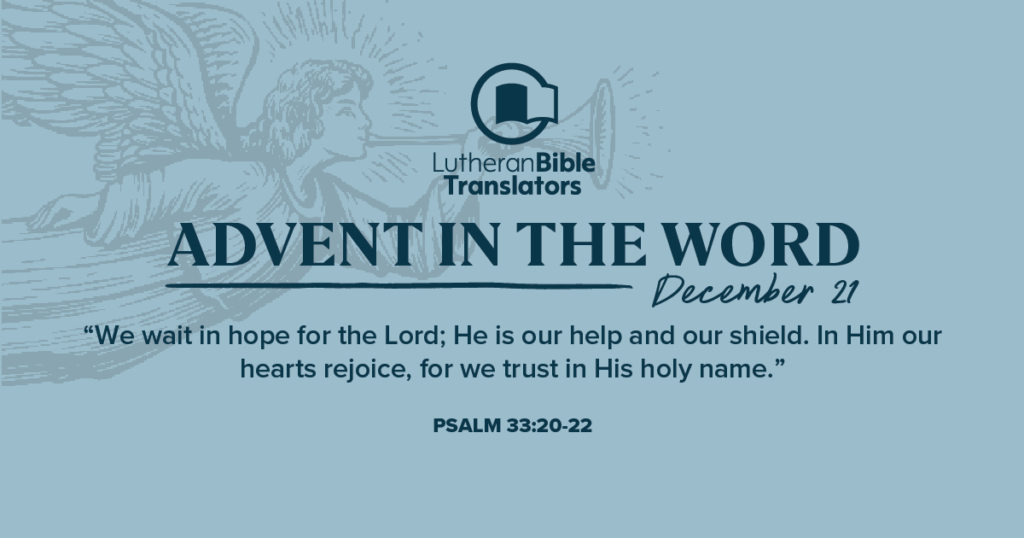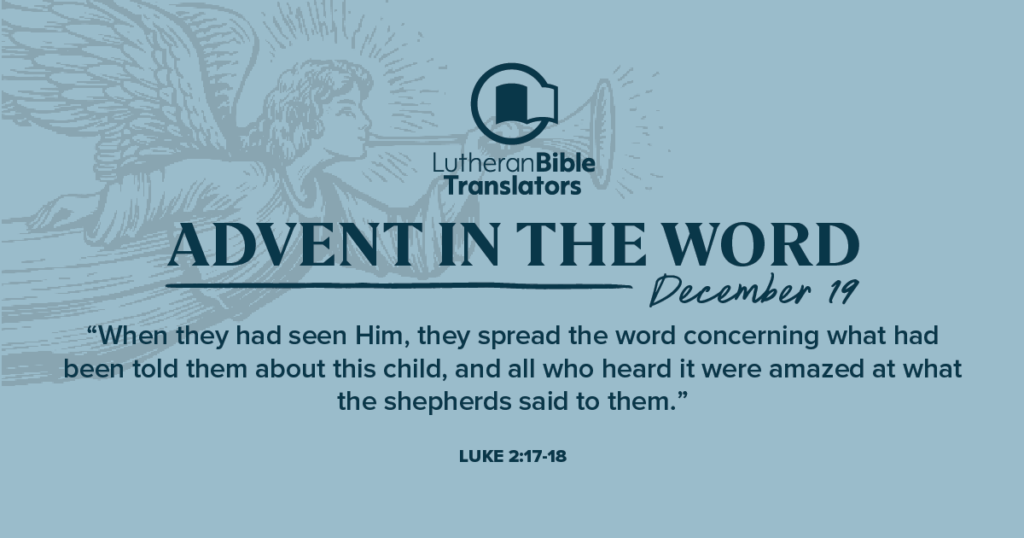Blog
Press Release: October 22, 2024
What are Literacy Workshops?

In many parts of the world, communities are engaged in the life-changing process of translating the Bible into the languages they understand best. But Bible translation is about more than words on a page—it’s about transforming lives and strengthening communities. Literacy workshops are an essential part of this process, playing a pivotal role in ensuring that people not only have access to the translated Bible but also engage with it deeply and meaningfully.
The Purpose of Literacy Workshops
Literacy workshops are designed to help individuals in language communities learn how to read and write. Many of these communities have never had a written version of their language, which presents a unique challenge: once the Bible is translated, how will people engage with it if they are not literate in their own language?
These workshops equip individuals with basic reading and writing skills, but the purpose extends far beyond that. The goal is to empower communities, providing them with tools for broader learning and personal development. When people can read and write in their language, it opens doors to education, economic opportunities, and spiritual growth. Literacy, in this context, becomes a vehicle for personal empowerment and community-wide transformation.

Desired Outcomes of Literacy Workshops
The desired outcomes of literacy workshops in language communities can be summed up in several key areas:
- Increased Access to Scripture: The primary aim is to ensure that individuals can read and understand the newly translated Bible in their own language. This deepens their relationship with God and helps them to apply biblical teachings to their daily lives.
- Community Engagement and Ownership: Literacy workshops encourage active participation from the community. When people are able to read and write in their language, they feel a sense of pride and ownership over their cultural and spiritual heritage. This fosters greater engagement with the Bible translation process itself, as the community begins to take responsibility for using and promoting the translated Scriptures.
- Empowerment through Education: Literacy skills provide a foundation for broader education. Individuals who can read and write in their own language often go on to learn new skills, gain employment, and contribute to their community in new and powerful ways. Education builds confidence and capacity within the community, promoting long-term growth.
- Cultural Preservation: By teaching literacy in the community’s mother tongue, these workshops also help preserve and strengthen cultural identity. A written language is more than a communication tool—it is a way to safeguard traditions, stories, and wisdom that might otherwise be lost.
- Sustainability of Bible Translation Efforts: Literacy workshops help ensure the sustainability of the Bible translation project. Once the translation is complete, it’s essential that the community continues to engage with it over time. Literate community members are better equipped to teach others, lead Bible studies, and incorporate Scripture into their everyday lives.

Literacy as a Key to Transformation
At its core, the purpose of literacy workshops is transformation. These workshops change lives by opening up access to God’s Word, empowering individuals, and strengthening entire communities. Literacy is more than a skill; it’s a gateway to personal and spiritual growth. As Bible translation continues to spread across the globe, literacy workshops remain a vital part of the process, ensuring that the newly translated Scriptures can be fully understood, embraced, and applied.
By investing in literacy, we are not just translating the Bible—we are unlocking the potential of entire communities, allowing them to flourish in their faith and in their everyday lives.






Leave a Reply
You must be logged in to post a comment.